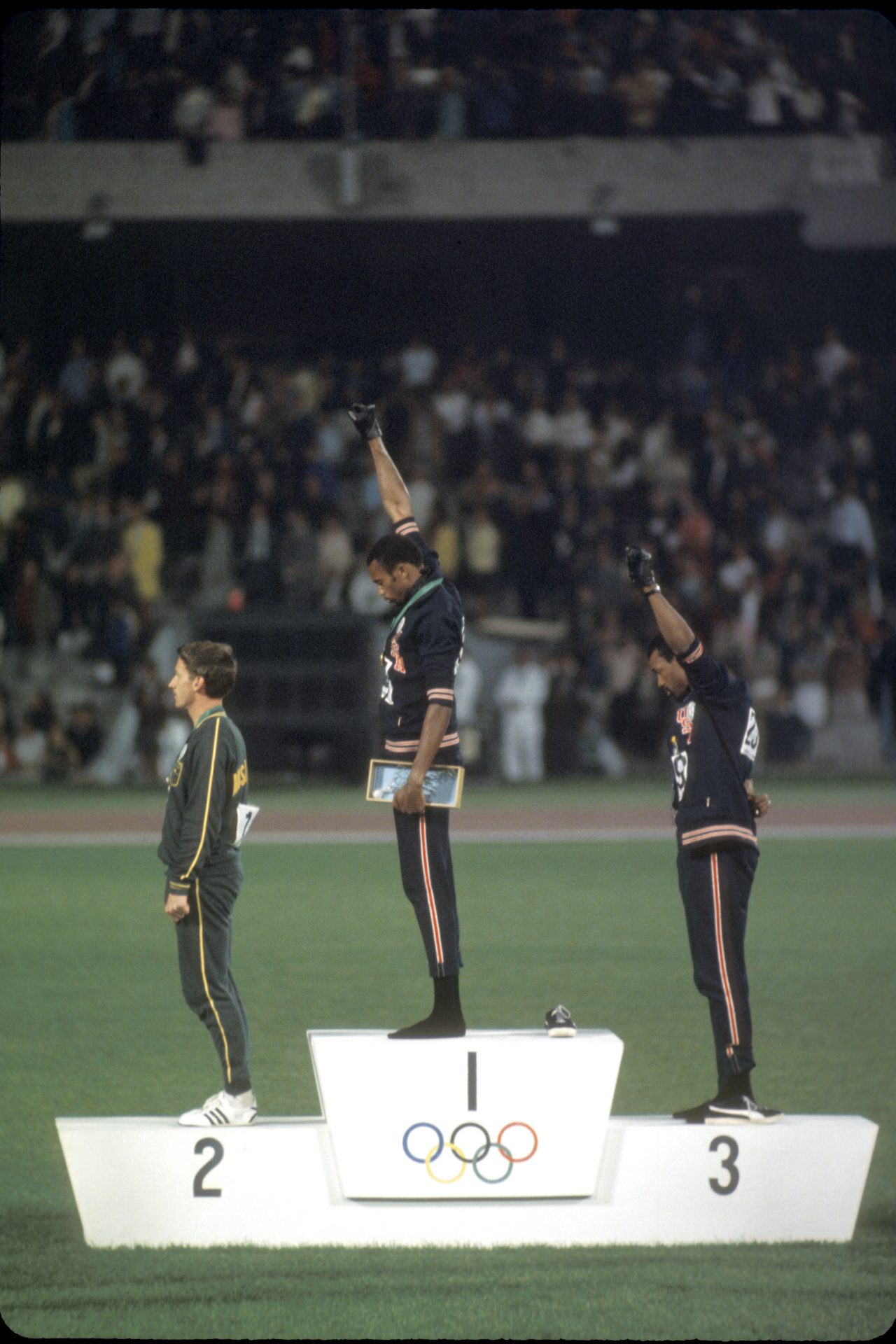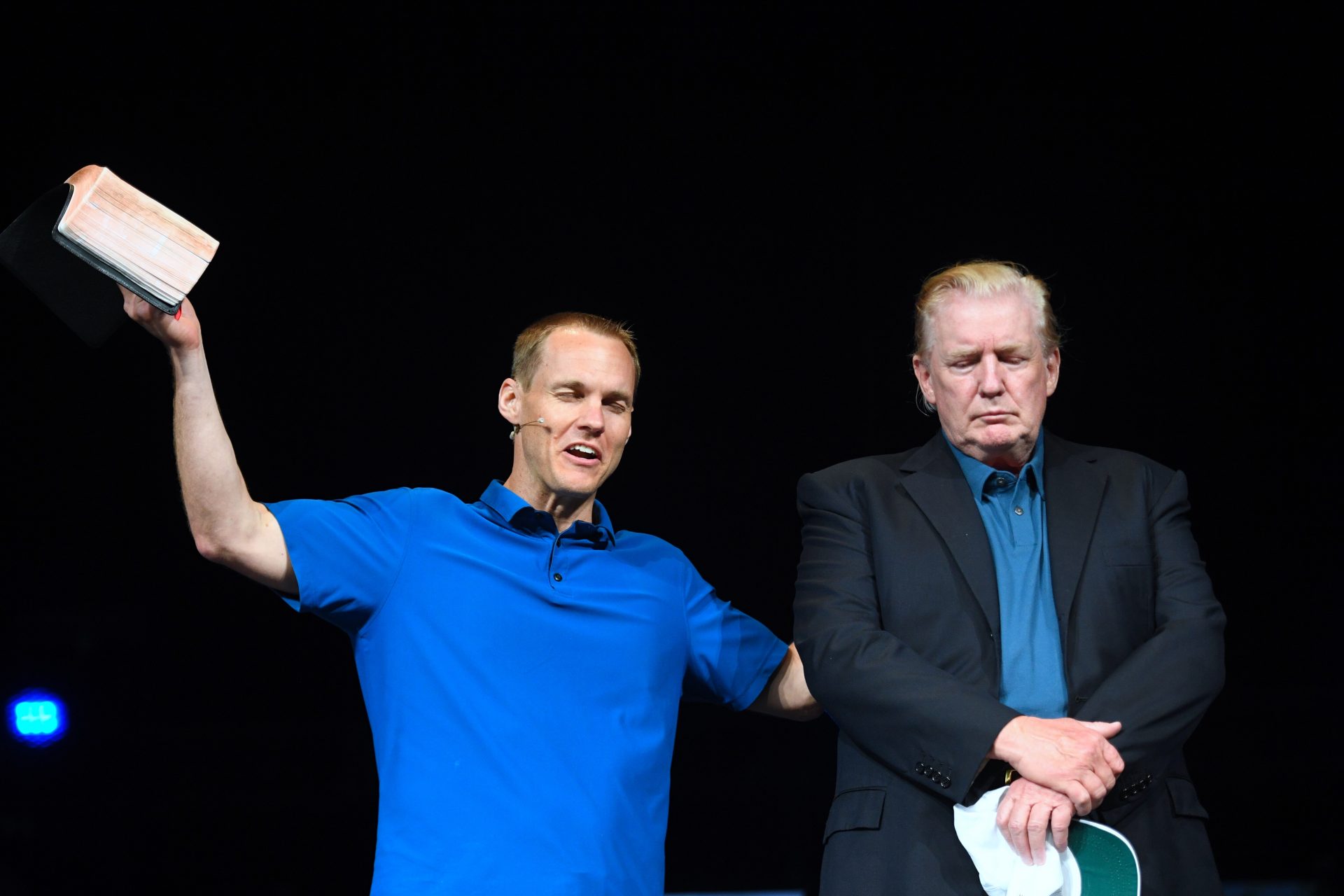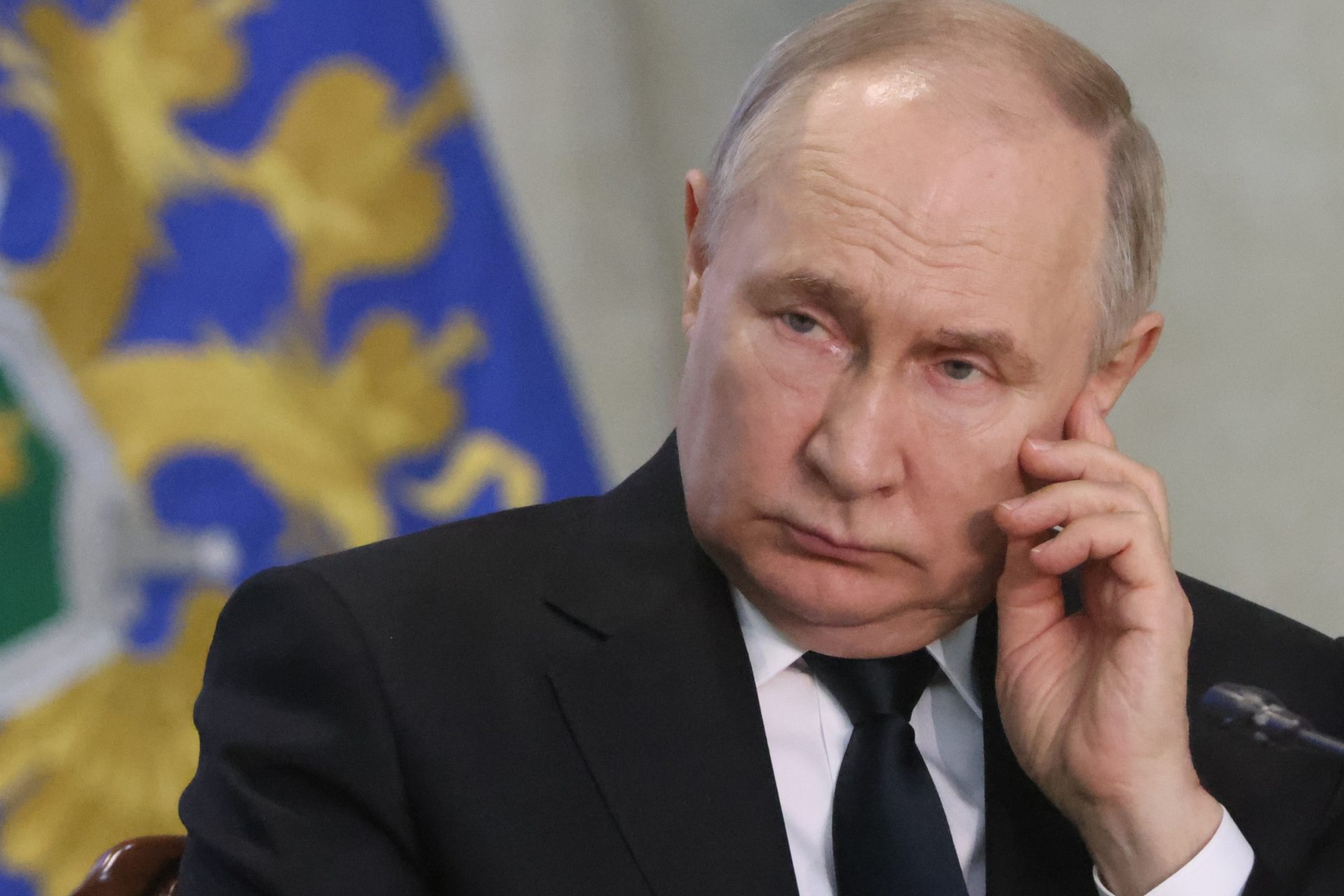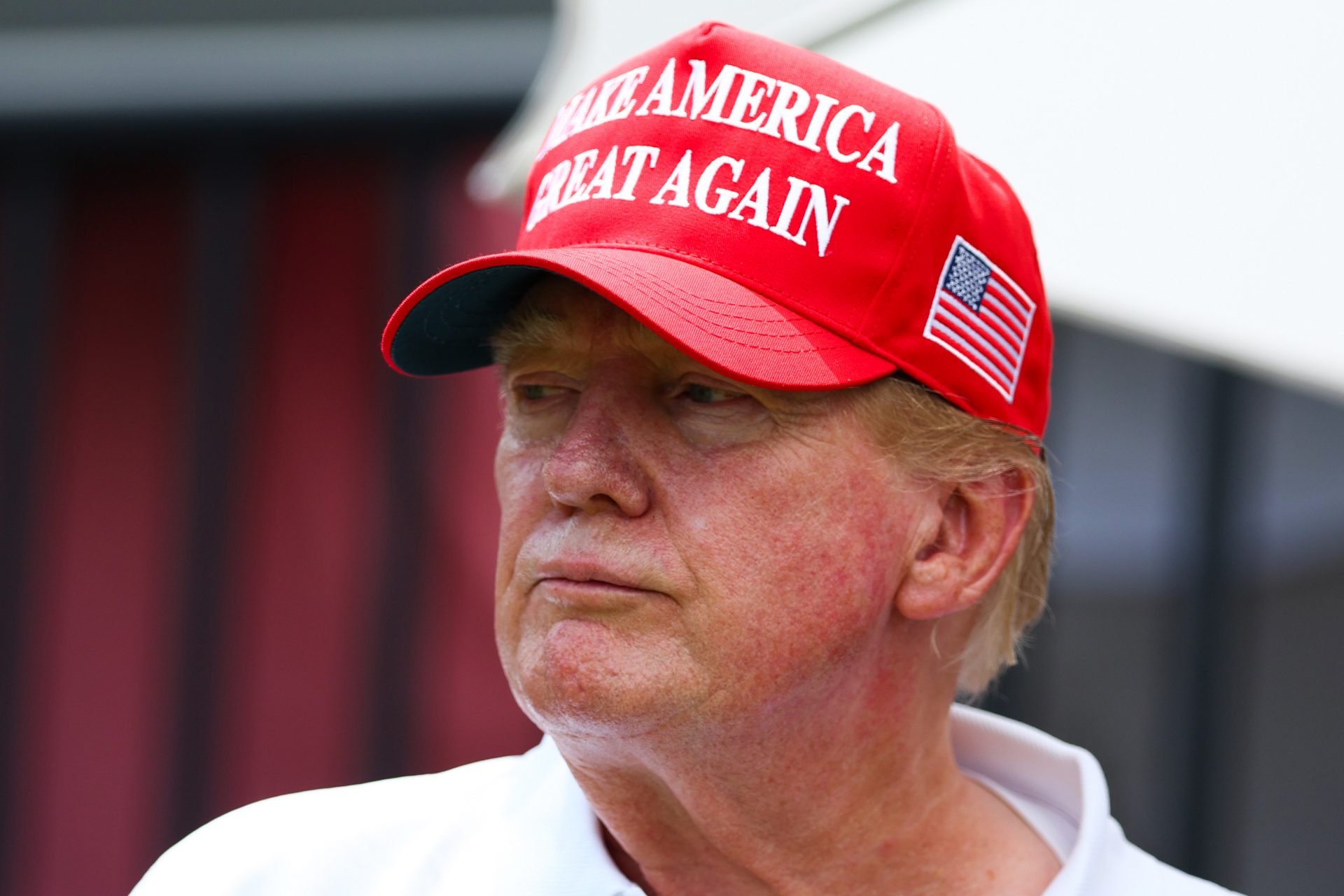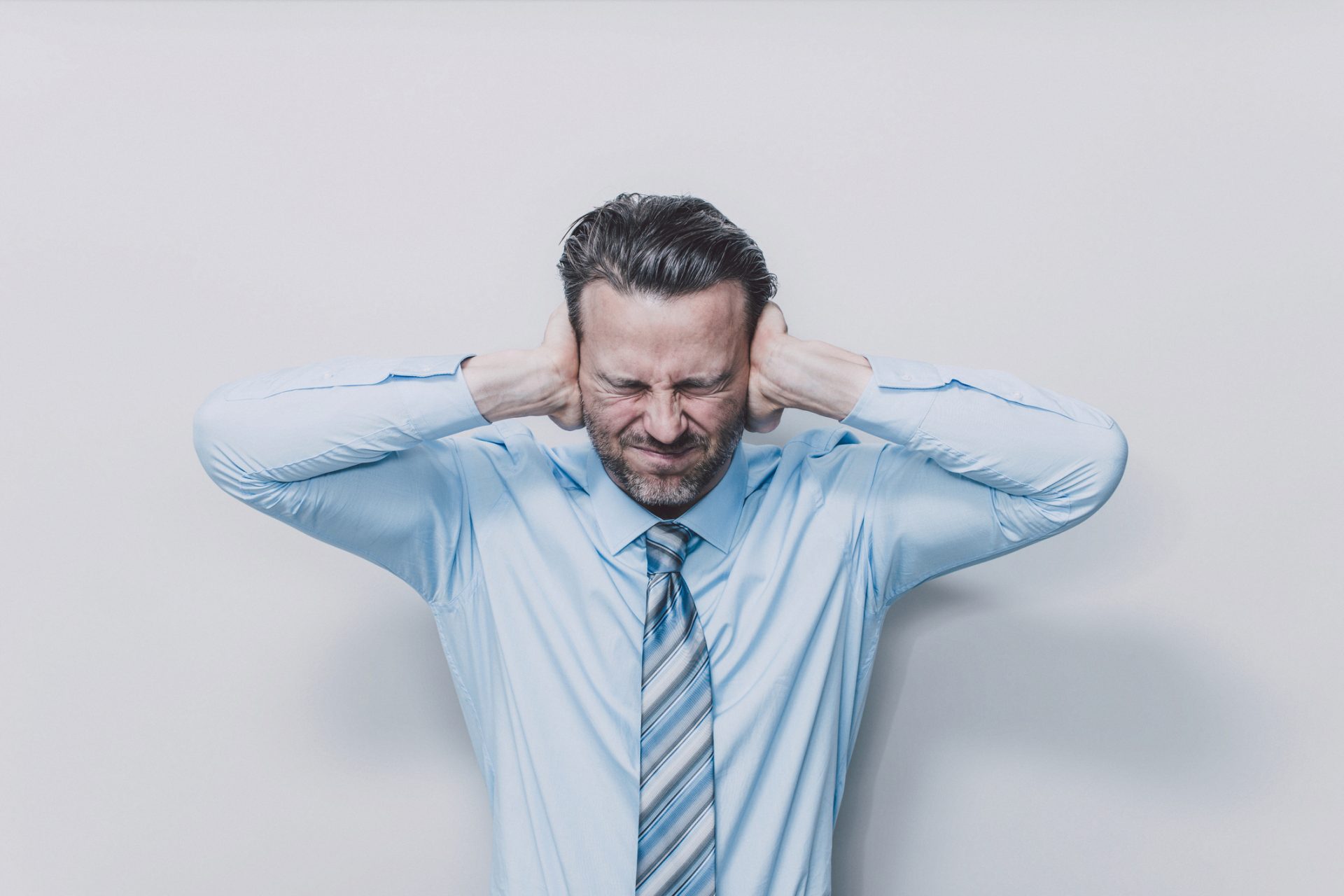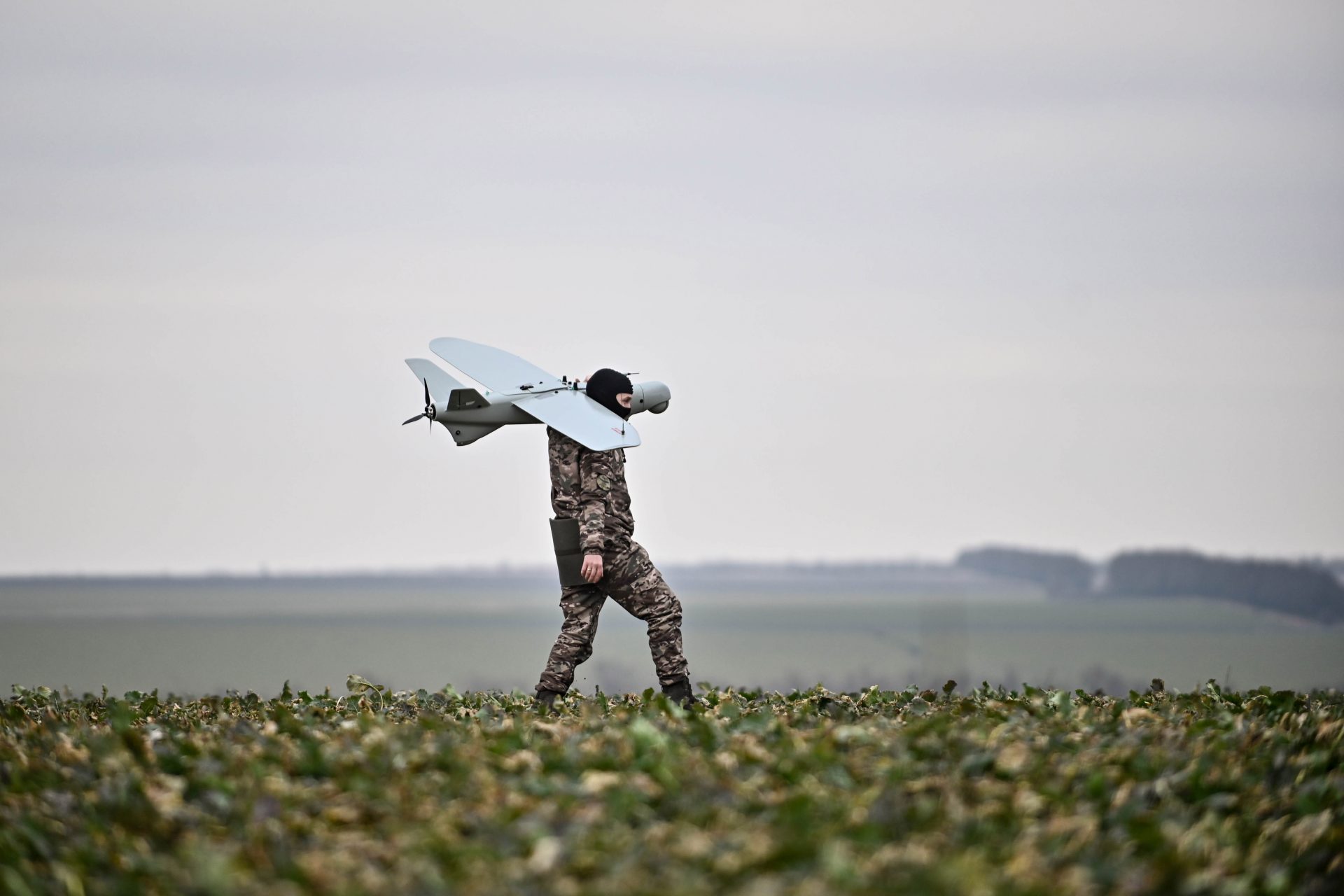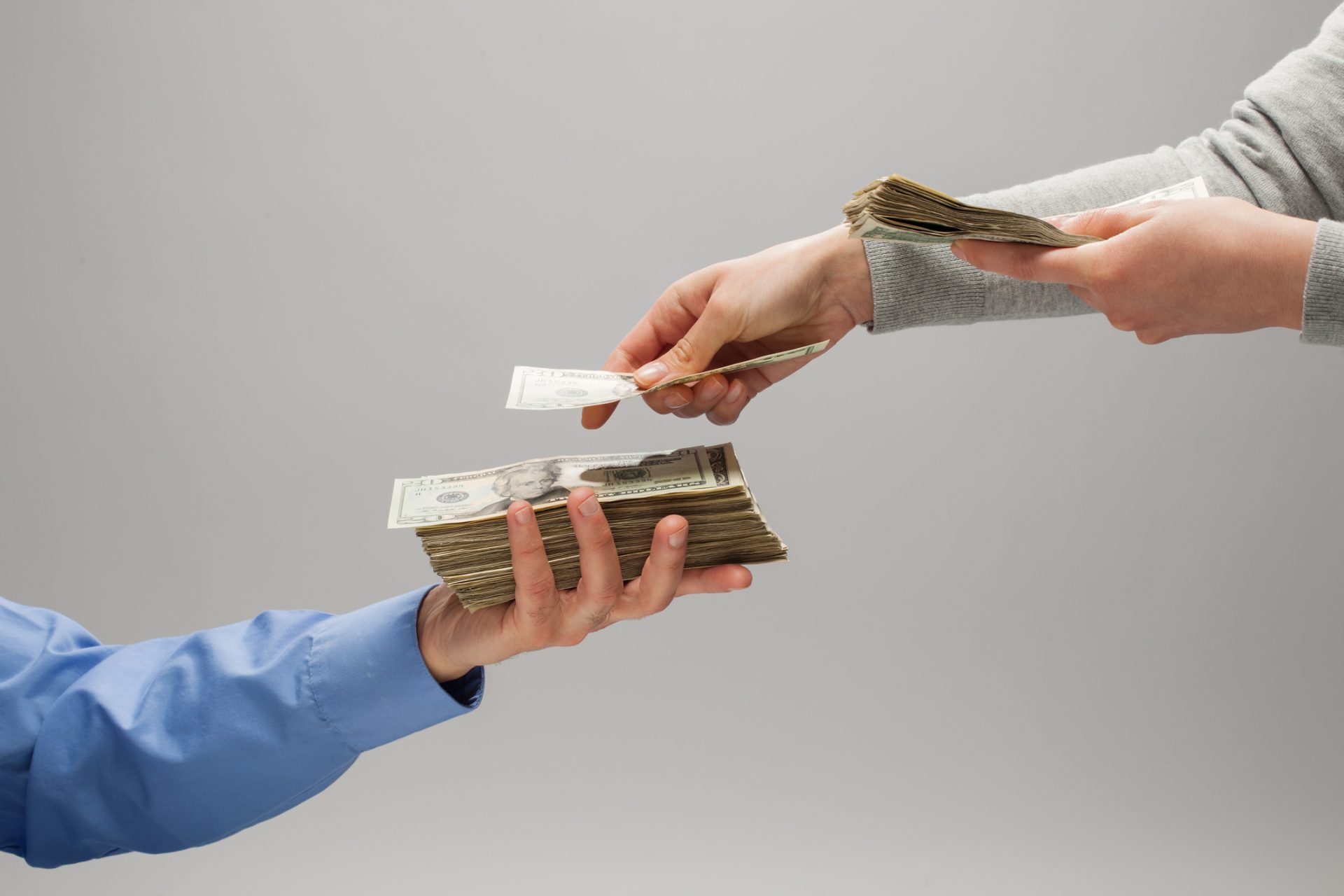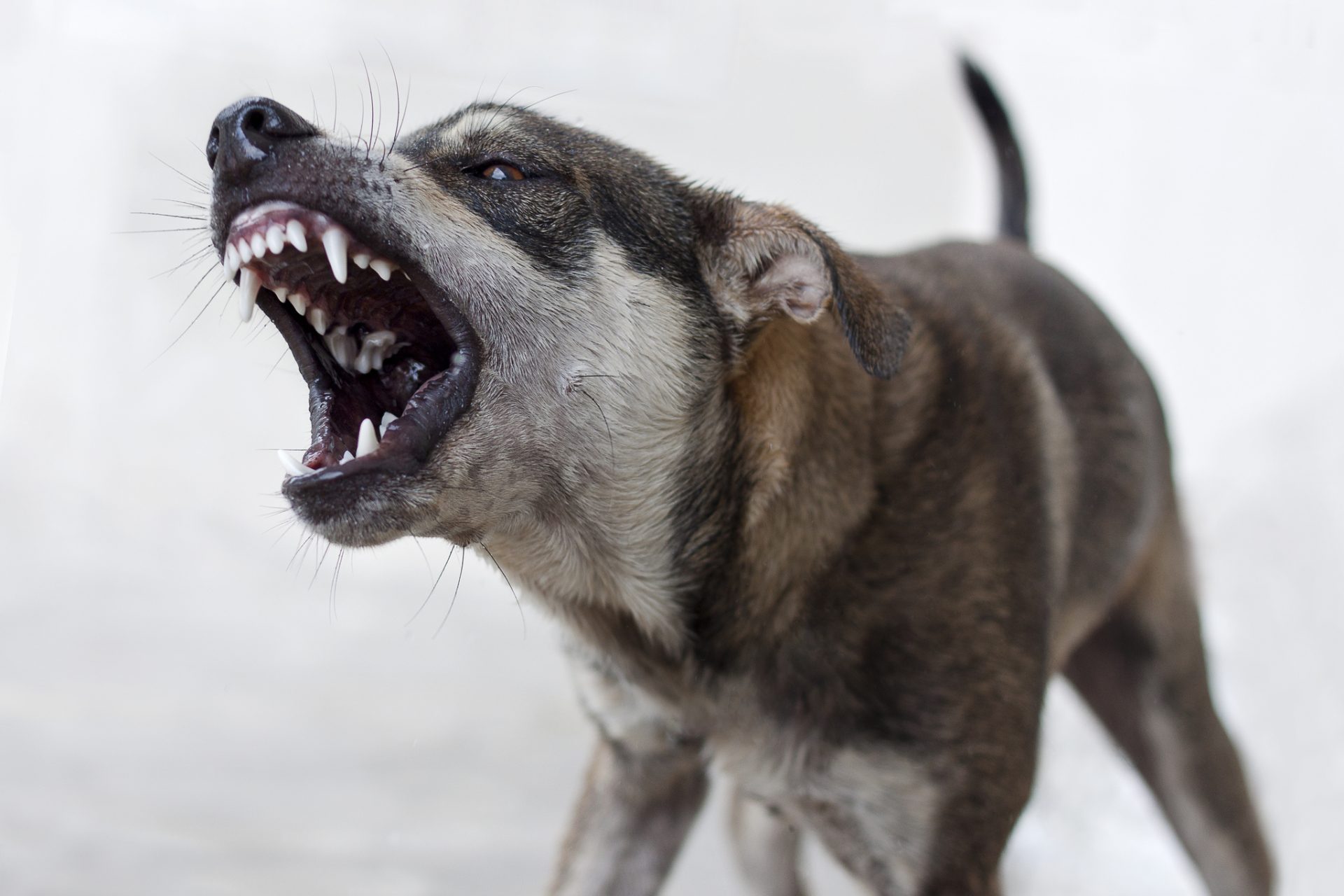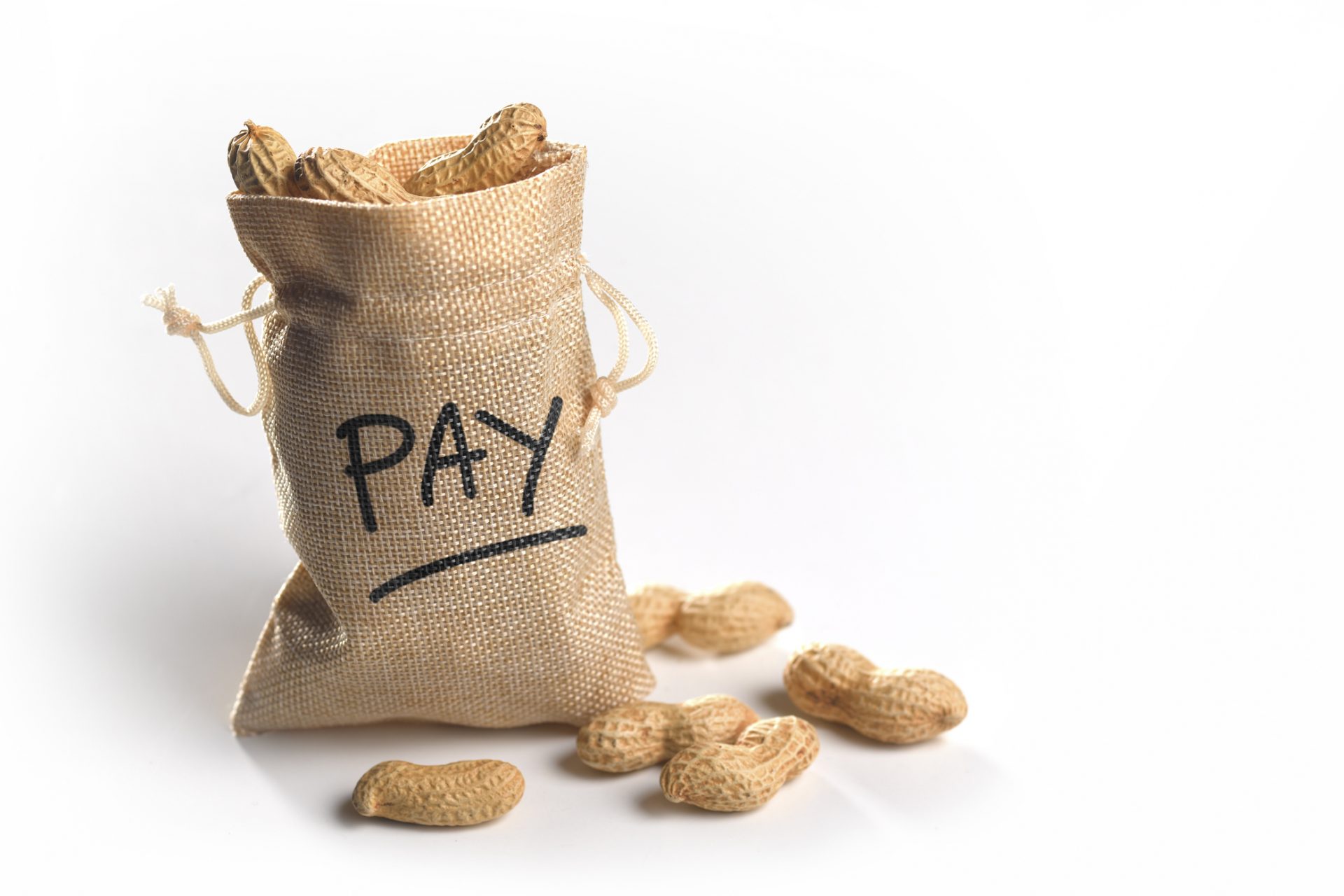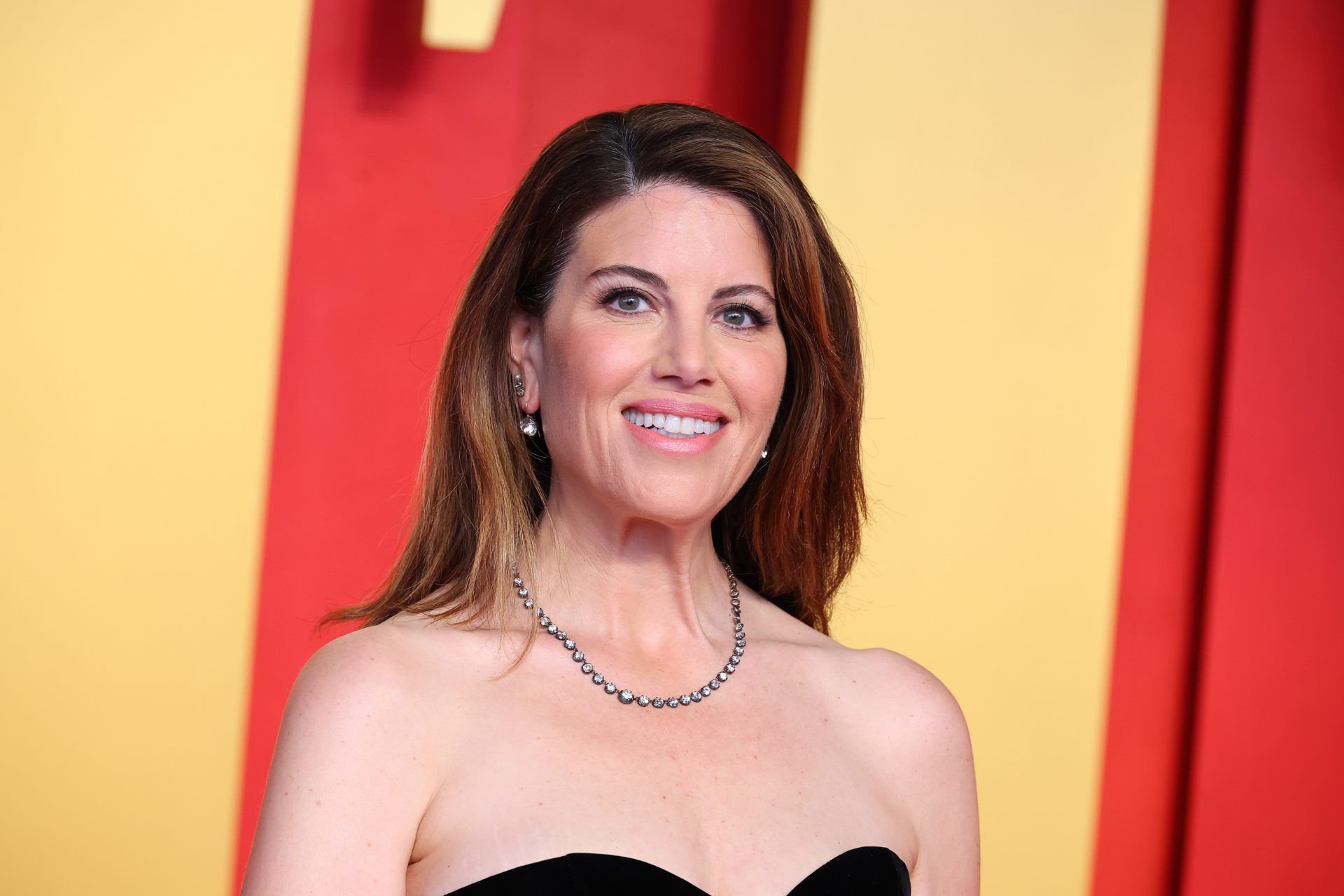Why is the NRA so powerful in the United States?
The National Rifle Association has been in the spotlight for lobbying against gun control in the United States. Every new mass shooting in the United States attracts attention to the organization. However, the NRA today is very different from its origins.
Before being the country’s largest gun lobby, the National Rifle Association began as a simple gun club. The group was founded in 1871 by former Union veterans from the Civil War with the aim of “promote and encourage rifle shooting on a scientific basis”.
Firearms were part of daily life for average Americans in the 19th century, particularly in the countryside and the frontier.
However, NPR reports that the assassinations of Abraham Lincoln (1865), James A. Garfield (1881), and William McKinley (1901) and an attempt on Theodore Roosevelt’s life divided the public opinion on guns.
Prohibition further fueled gun violence in the United States, with powerful criminal gangs fighting each other on the streets of major cities.
In the beginning, the NRA supported laws in favor of gun control. The New Yorker highlights that the group helped Franklin Delano Roosevelt to draft two of the first gun control laws in the country: The 1934 National Firearms Act and the 1938 Gun Control Act.
The assassination of John F. Kennedy by Lee Harvey Oswald with a mail-order rifle bought through the NRA’s official magazine began a new debate on firearms among the American populace.
The deaths of Robert Kennedy, Malcolm X, and Martin Luther King gave way to the approval of the 1968 Gun Control Act, which still stands today.
However, rising crime rates and social tension —particularly involving race— led to an increase in gun ownership in the United States throughout the 60s.
Things changed forever in 1971 when agents from a government agency killed an NRA member who has hiding a large number of illegal weapons.
Pictured: Protestors outside the NRA headquarters in 1968, following the Robert Kennedy assassination.
The outrage within the organization led to the creation of the Institute for Legislative Action, the first lobbying organ of the NRA in Washington, D.C.
NPR reports that this led to a power struggle between the more moderate old leadership and the more extreme ILA, led by Texas lawyer Harlan Carter, seen here to the left during a Senate subcommittee.
Carter eventually managed to take over the leadership of the NRA, turning it from a marksmanship club to an important political force in Washington, D.C., aggressively defending the Second Amendment, as we know it today.
Picture: NRA Annual Meeting in Atlanta in 2017, with more than 800 exhibitors.
Ronald Reagan became the first presidential candidate officially endorsed by the NRA, in 1980. The Wall Street Journal writes that, in turn, the Republican politician became the first US President to address the NRA.
Ironically, Reagan himself survived an assassination attempt in 1981 which led to new talks of stricter gun control laws. Reagan's Press Secretary James Brady suffered a wound that rendered him physically disabled.
In the 1990s, the NRA opposed new gun legislation pushed by the Clinton Administration, such as a federal background check, known as the Brady Act, and a ban on assault weapons.
The 1999 Columbine Massacre, the first major school shooting in the United States, caused a new national debate on gun legislation.
The NRA, led at the time by actor Charlton Heston, closed ranks with the Republican Party. The ban on assault weapons expired in 2004 under the Bush Administration, and it was not renewed.
Currently, the NRA has circa 5.5 million members across the United States and is led by Wayne LaPierre. Business Insiders highlights that it represents less than a fifth of gun owners in the United States.
However, NRA's power is undeniable. The BBC reports that in 2020 they spent 250 million US dollars, more than all the gun control advocacy groups combined. It still follows the vision of Harlan Carter.
More for you
Top Stories























